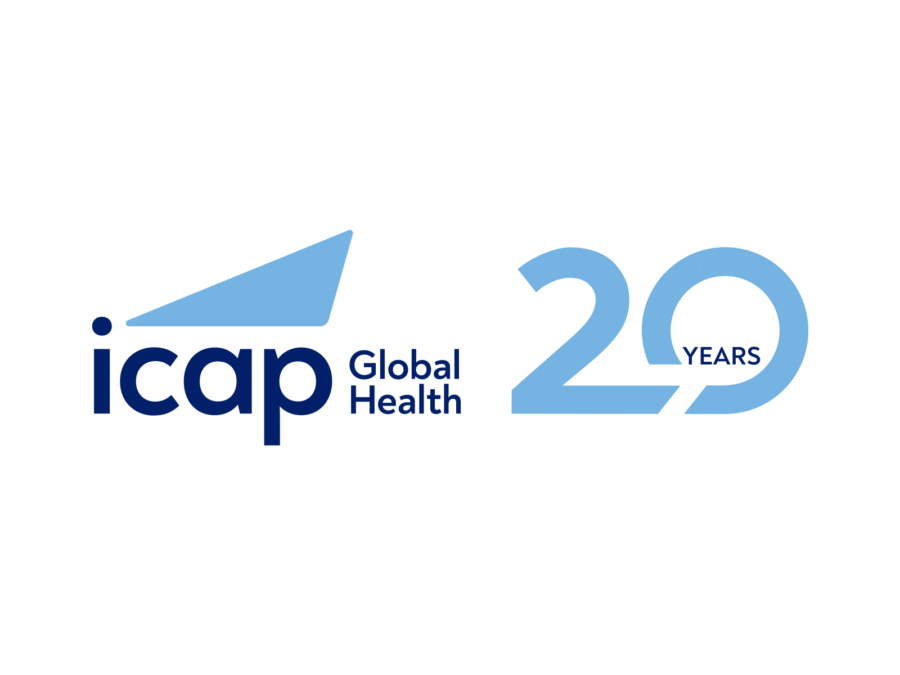July 20, 2017 – Harare, Zimbabwe – The HIV Coverage, Quality, and Impact Network(CQUIN) held its first “community of practice” workshop, focused on differentiated care for patients at high risk of HIV disease progression. The three-day gathering, held from July 17-19 in Harare, brought together nearly 70 participants from all nine CQUIN countries.
Patients at high risk of HIV disease progression include people who have advanced HIVdisease at the time of treatment initiation, as well as those who have been on antiretroviral treatment for a year or more but are not responding, or have other issues requiring close follow up. Because these patients are at high risk of poor outcomes, CQUIN member countries identified this topic as a priority community of practice at the CQUIN launch meeting in March 2017.
The topics of the meeting’s presentations ranged from innovative medical research to perspectives of people living with HIV and considerations for policymakers and implementers working to scale up differentiated care. The goal is to enable countries to share experiences, innovations, and best practices so they can move differentiated care from pilot projects to national programs.
Dr. Bactrin Killingo, Treatment Knowledge & Research Lead with the International Treatment Preparedness Coalition (ITPC), set the tone for the meeting on day one by emphasizing the importance of engaging people living with HIV. “With HIV care, we’ve demonstrated time and again that all successful programs have engaged recipients of care,” said Dr. Killingo. “They need to understand why they need to be involved in these programs because they have the solutions.”
Over the course of three days, panel discussions with experts from ministries of health, implementing partners, donors, academia, civil society, people living with HIV, and non-governmental organizations brought key issues to the forefront. The panels focused on policies, guidelines, and innovative solutions for differentiated care for patients at high risk of HIV disease progression.
Participants took a deeper dive into differentiated care for patients at high risk and engaged in breakout group discussions around country-specific priorities and co-creation of resources. “The goal of CQUIN’s communities of practice is to share knowledge and experience,” said Dr. Miriam Rabkin, Director for Health Systems Strategies and CQUIN’s Principal Investigator. “But we are equally interested in identifying opportunities for co-creation – tools and resources that can help countries take differentiated services to scale,” she added.
The breakouts covered such topics as identifying patients at high risk, linkage to care, and demand creation and scale-up. Representatives from each country also used ICAP’s Differentiated Care Dashboard to conduct self-assessments on the status of their differentiated care scale-up.
Access to high-quality coverage and continuous engagement of people living with HIV was a recurring theme of the conference. Dr. Baker Bakashaba, Regional Project Manager at The AIDS Support Organization (TASO) in Uganda, drove that message home, highlighting his experience providing a “human rights-based approach” to health care. “Differentiation is not a favor to the clients, it is a right that we are promoting and providing,” he said. “We see clients as rights holders; as practitioners, it’s our obligation to ensure they receive high-quality treatment. It is now our job to embrace this field of endless innovation so we can provide the best care to patients.”
View the meeting summary, resources and presentations
Learn more about this community of practice by visiting the CQUIN project page and sign up for the monthly newsletter for regular updates.







